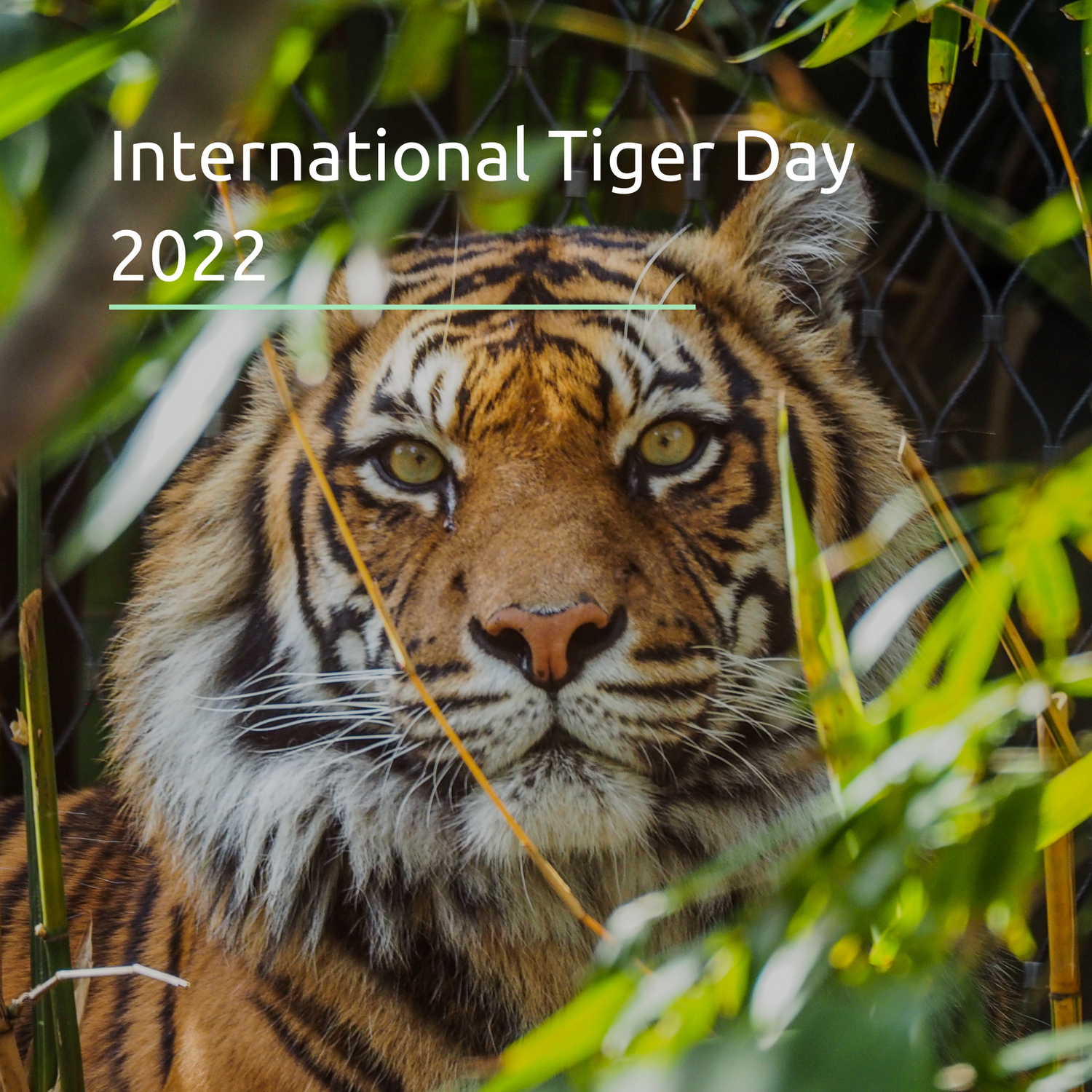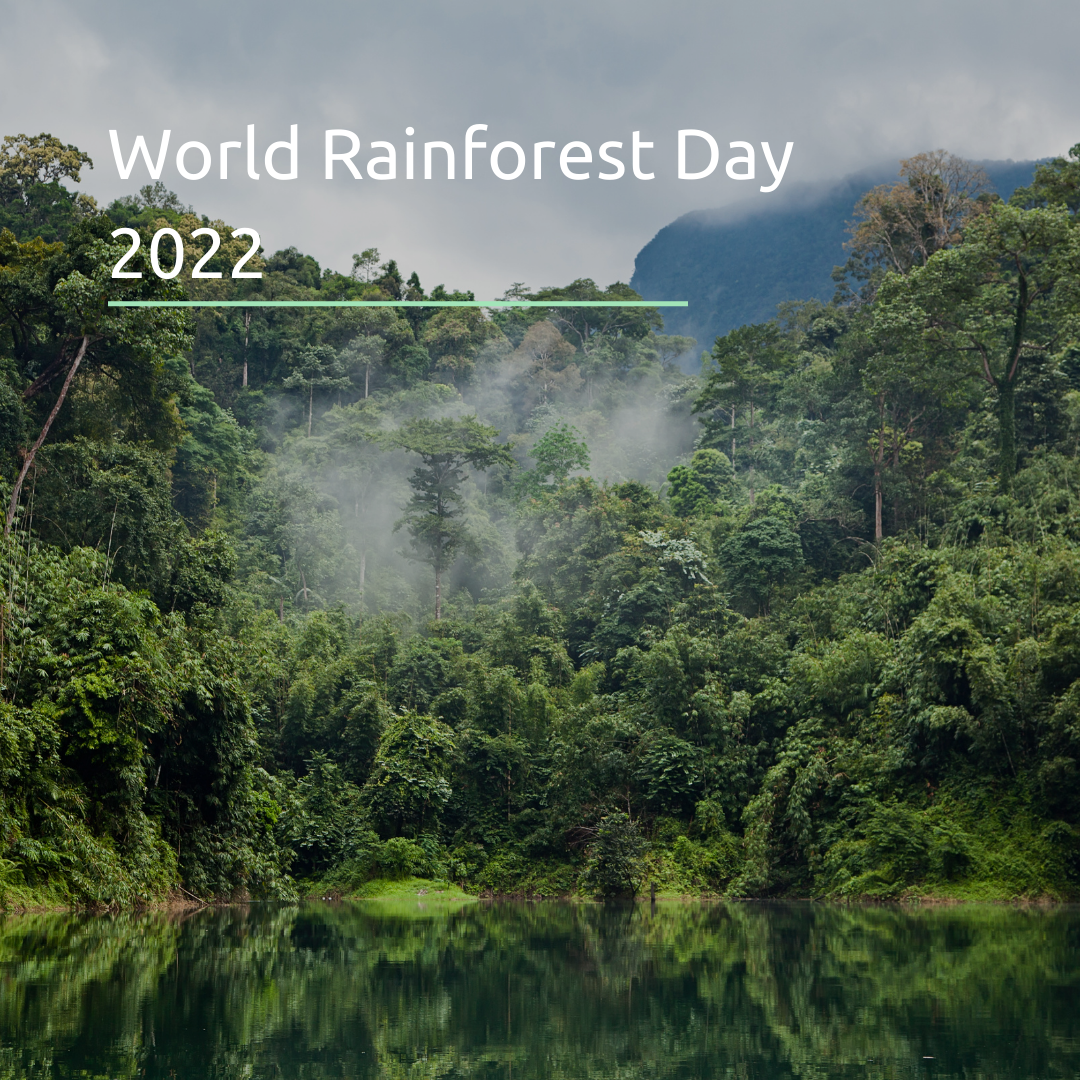July 29th marks International Tiger Day - a day dedicated to promoting a system which protects tigers and their natural habitat, and spreading awareness about tiger conservation. Multiple initiatives are in place around the world for tiger conservation. Find out more here.
Why is tiger conservation so important?
As apex predators, tigers play an important role in the function of our ecosystem and help to maintain the rich biodiversity of nature. Being the top predator in the food chain means that tigers feed on animals such as deers and wild pigs, who often threaten crops in agricultural areas. Research by Yale University in 2018 shows that tigers are particularly useful in preventing crop yield and livestock loss.
They keep prey populations in check, which in turn maintains balance between these herbivores and the vegetation that they feed on.
Tigers’ natural habitats are crucial to not only their survival but other species that share the same habitat. Protecting tigers means protecting the rich biodiversity of their habitats and preventing animal-human conflicts.
The Malayan Tiger
The Malayan Tiger, scientifically known as Panthera Tigris Jacksoni, is the smallest subspecies of mainland tiger. They are found in the tropical forests of Pahang, Kelantan, Perak, and Terengganu.
Unfortunately, they have been critically endangered & are on the International Union for Conservation of Nature (IUCN) Red List of Threatened Species since 2015. There are only about 150 tigers left in the wild in Malaysia due to poaching & snaring, decline in prey & loss of habitat.
At Kualesa, we are committed to spreading awareness and doing our part to save the tigers.
The decline in tiger populations is a real threat to our ecosystem and food webs. Our reforestation initiative in Kuala Tahan, Malaysia is one step that we have taken to reinstate biodiversity and aid in tiger conservation. Thus, for every order you make, we plant a tree in the Malaysian forest.
Our tops are also made with Bamboo Lyocell, a sustainable and eco-friendly alternative to cotton and synthetic fabrics, to support our ecosystem’s restoration.
With your help, we can work together and make a real difference.












